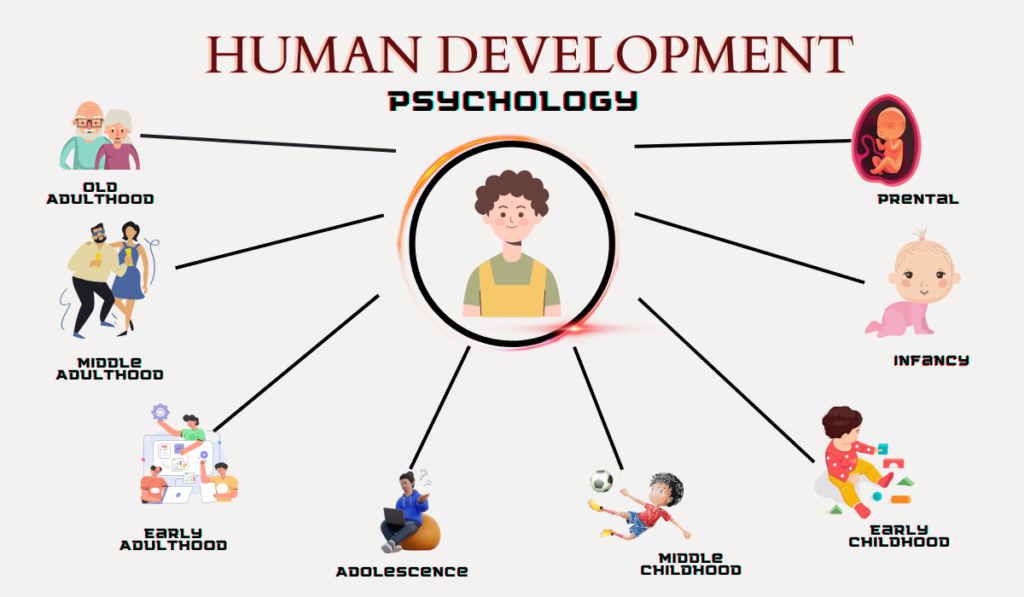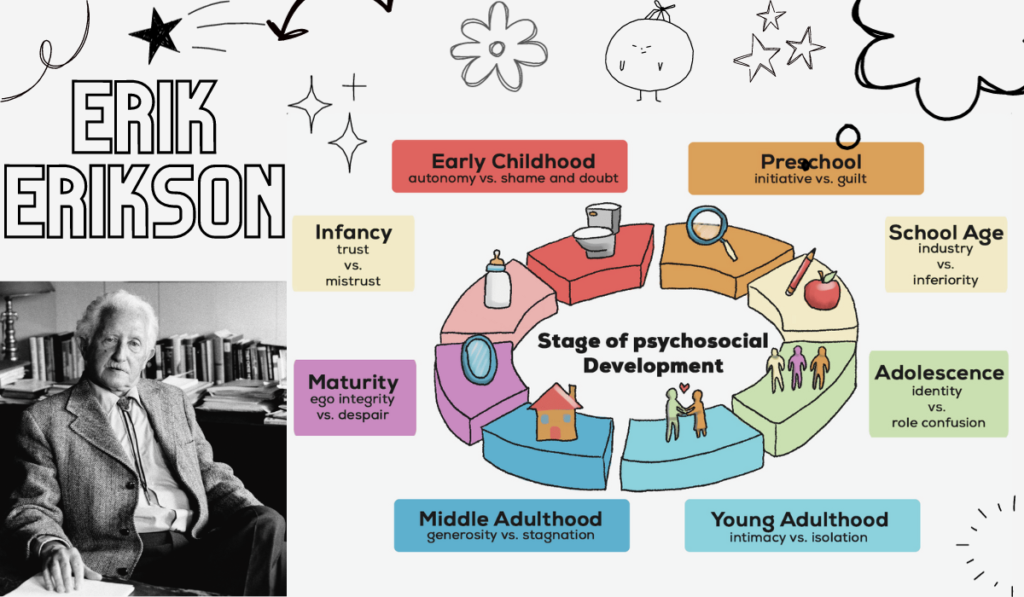Sigmund Freud’s ideas about women caused arguments in his time and still spark debates today. In 1925, he wrote that women resist change, passively conform, and contribute nothing unique in a paper titled “The Psychical Consequences of the Anatomic Distinction Between the Sexes.”
Dr. Donna Stewart, a women’s health professor at the University Health Network, explained that Freud’s beliefs aligned with his era. He opposed women’s liberation and thought their lives were mainly about reproductive functions.
In “Sigmund Freud: Life and Work” by Ernest Jones, Freud wondered for years about a question he couldn’t answer despite researching the female mind for decades: “What do women truly desire?”
Penis Envy
Penis envy, like castration anxiety in boys, is a concept in Freud’s psychosexual development theory. In the phallic stage (around ages 3 to 6), girls shift affection from mothers to fathers. Freud believed this happens when girls realize they lack a penis. He suggested girls blame their mothers for this. However, Freud’s theories, including the Oedipal complex, castration anxiety, and penis envy, face substantial criticism.
Prominent female psychoanalysts like Karen Horney find their ideas distorted and patronizing. An alternative theory to the Oedipal complex is the Electra complex.

Treatment of Hysteria
Freud’s groundbreaking talk therapy grew partly from his work with Anna O, whose hysteria caused symptoms like hallucinations and amnesia. During sessions with Joseph Breuer, Anna described her experiences, which she called the “talking cure,” as it eased her symptoms. Anna later became a social worker and contributed to the women’s movement in Germany. Initially, Freud believed childhood sexual abuse caused hysteria, but he later emphasized sexual fantasies in neuroses.
Historian Peter Gay noted that Freud, though lacking in understanding of women, made significant progress in acknowledging female sexuality.
Women in Freud’s Life
Women held significant roles in Freud’s life, although he often professed a limited understanding of them. He was his mother’s particular favorite. Freud noted that those favored by their mothers often displayed self-reliance and optimism, leading to success.
His marriage to Martha followed traditional roles; she was an efficient homemaker. Freud’s granddaughter, Sophie, described her thriftiness. Having grown up with sisters, Freud fathered three sons and three daughters, including Anna Freud, who continued his work.
Women in Psychoanalysis
Despite Freud’s view of women as inferior, many women played vital roles in advancing psychoanalysis.
Helene Deutsch, in 1924, became the first female to run her psychoanalysis clinic. She wrote extensively about women’s psychology. Sabina Spielrein, a significant psychoanalyst and once a patient of Carl Jung, influenced Freud and Jung. During Freud and Jung’s friendship, they discussed Spielrein’s case, shaping their views. She also introduced psychoanalysis to Russia.
Criticism of Freud’s Views on feminine psychology
Karen Horney criticized Freud’s views on feminine psychology, and Melanie Klein pioneered “play therapy,” still used today. Critics arose due to Freud’s offensive views on women in psychology. Karen Horney challenged his “penis envy” concept.
Furthermore, she offered her own perspective on male psychology. Sophie Freud, Freud’s granddaughter, also criticized her famous relative.
Karen Horney, a psychoanalyst, challenged Freud’s “penis envy.” She proposed that men experience “womb envy” due to their inability to bear children.
Freud indirectly replied, stating that a woman analyst not recognizing her desire for a penis might overlook it in patients. Freud believed Horney’s “womb envy” idea stemmed from her own supposed “penis envy.
“Sophie Freud, his granddaughter, felt Freud’s views on female sexuality didn’t align with the Victorian era’s patriarchal norms. She believed his theories reflected society’s belief that females were secondary and didn’t meet the norm.
In conclusion, Freud acknowledged his limited understanding of women. He wrote that his knowledge about femininity was incomplete and not always friendly. He suggested seeking personal experiences and poetry or waiting for better scientific insights.


